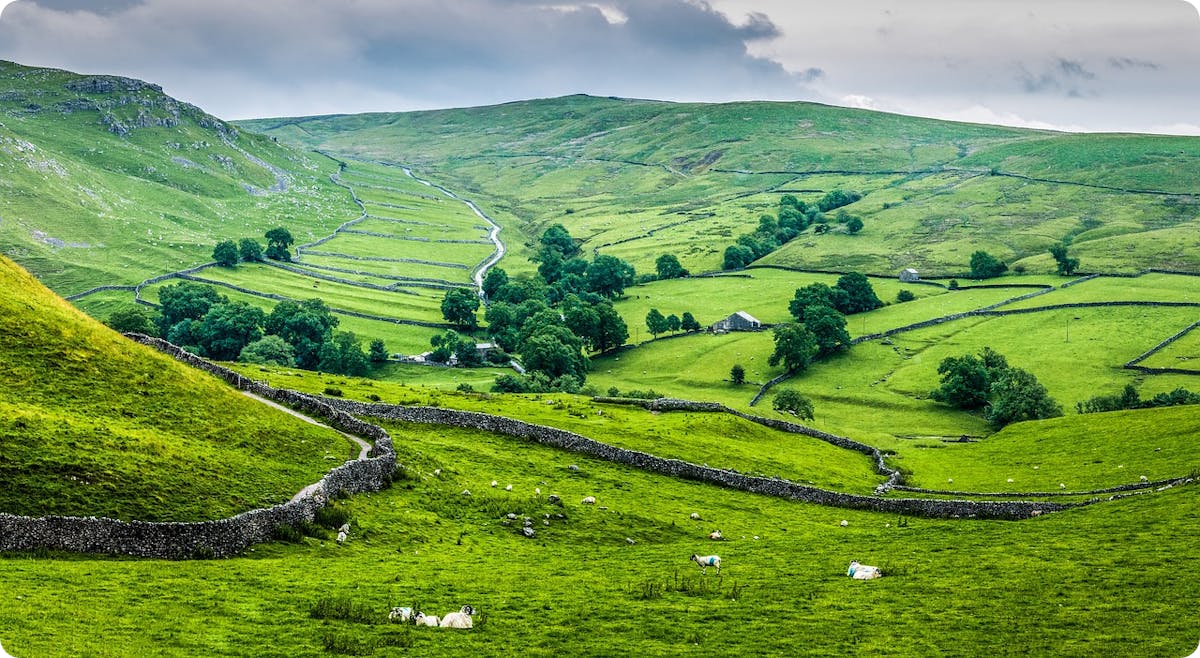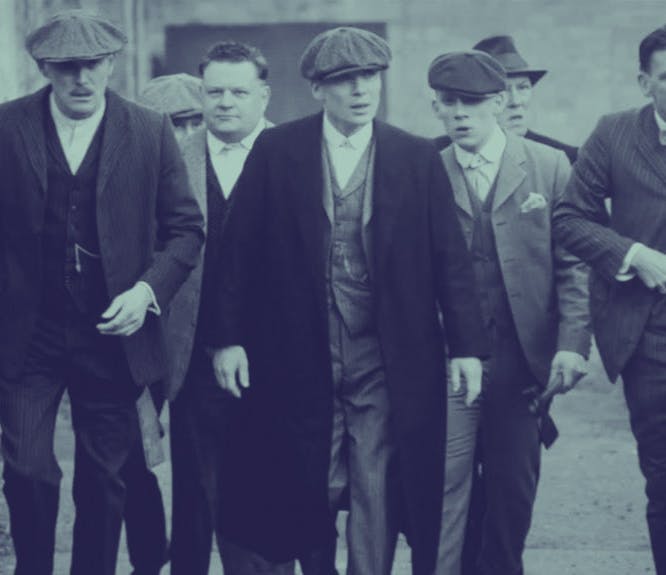What does your surname mean?
2-3 minute read
By The Findmypast Team | July 24, 2020

You might be surprised by what your surname can reveal about your family's origins.
Surnames provide an enormous amount of information and are fundamental in family research. Not only do they reveal the identities of your ancestors, but can also tell you details about their lives. If you find you're getting stuck with your standard surname searches, try thinking more broadly about the name and what the surname itself can tell you.
We've put together a list of just a few of the things a surname can tell you about your family history.
Surnames describing an area
Many family names are derived from the geographical topography of where your ancestors lived. One example is Dale. The word originates from the Old English word 'dael' related to Old Norse 'dalr', which relates to 'dell'. All of these variations mean valley. A quick search for Dales in our birth, marriage, and death and parish records reveals a cluster of 16th-century baptisms in Yorkshire (North Riding), England.

The Yorkshire Dales in the North of England.
Researching the region, you'll discover that, to this day, it's filled with hills and valleys. While this information alone doesn't provide any conclusions about your family's history, it could point you in the right direction to continue your search.
Other names related to the topography of an area include:
- Wood
- Field
- Rivers
- Hill
- Shore
- Brooks
- Marsh
- Rock
- Ford
Surnames originating from locations
Some surnames are derived from the area or surrounding city your ancestors were from. The name, Lincoln, for example, could be derived from the city of Lincoln in Lincolnshire, England. Bayer could come from the German Bayern, which means Bavaria, a region in Germany. It's always worth digging deeper into the origins of your last name to see if you can pinpoint a city, village, or county that your ancestors might have lived in.
Surnames originating from occupations
Often surnames were based upon the occupation of your male ancestors, which helps you learn more about their lives. Smith is one of the most common surnames in the United States and its meaning is derived from metalwork. If Smith is your last name, you could have a blacksmith in the family.
Miller is surname, from Old English or Scottish origin, that is derived from the act of milling food, most commonly grains.
Taylor, another common last name in the United States, is derived from the Anglo-French tailour, meaning "to cut." If your last name is Taylor, could someone in your past have worked in the clothing industry?
Another common example is the surname Clark, which is derived from clericus meaning "scribe". This last name could indicate a scholar in your family tree. If you do have a trade-related surname, delve into our work and occupation records to find out more about its origins and maybe even trace an ancestor or two.
Surnames that tell us more about the person
Some surnames can give some descriptive insight about your ancestors. For example, the last name Goodfellow comes from Middle English and is a nickname for a friendly companion.
While Swift could indicate that your ancestor was a fast runner, color-based surnames like Brown can point to hair color, eye color, or other aspects of physical appearance. These little details can help you piece together the bigger picture of your past.
Surnames originating from family relationships
Surnames are particularly great for tracing the male lines in your family. Like Johnson and Jones, that both mean the son of John.
In Irish genealogy, the prefixes Mac and O mean son and grandson in Gaelic. The female equivalent Ni means daughter. Look out for these as you explore your family's past. They could point to an Irish connection. This guide to Irish family names tells you more.
When building your family tree, it's important to take all of the detail you uncover about surnames with a grain of salt. Names change and evolve so you should be diligent in gathering all the facts on your family's story. Nevertheless, surnames can provide invaluable insight into many areas of your heritage and are a great way to get started on your family history journey.
Related articles recommended for you

More footballers in the family? Jack Grealish’s family tree
Discoveries

Taylor Swift’s family tree shines with love, heartbreak and the triumph of the human spirit
Discoveries

Introducing the British Home Children Collection
What's New?

